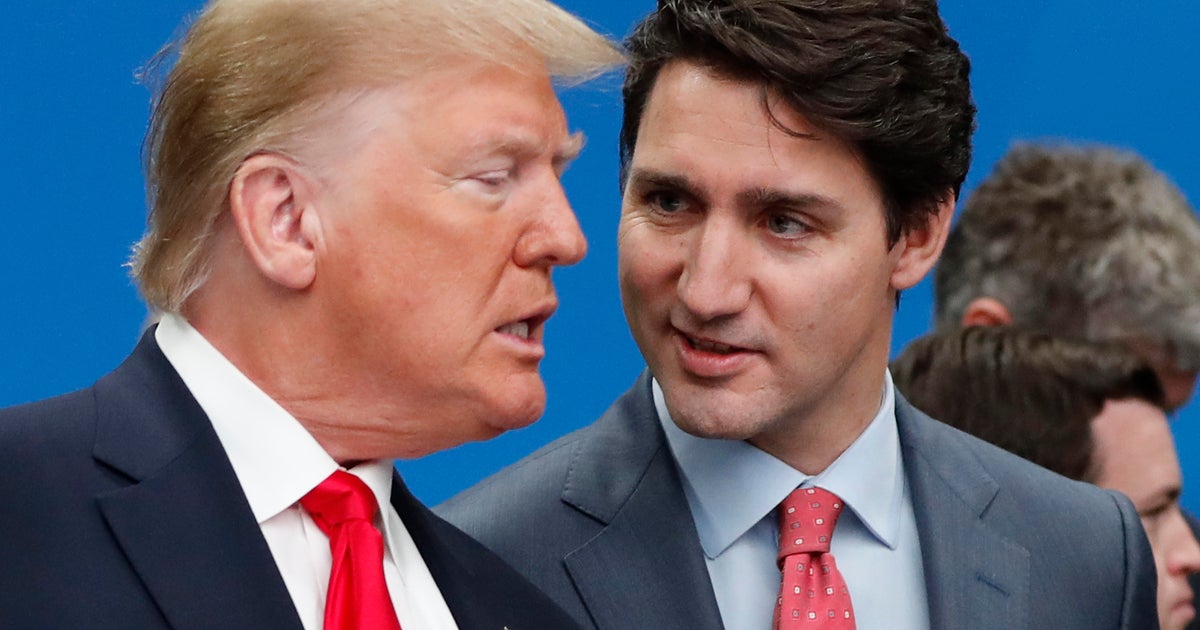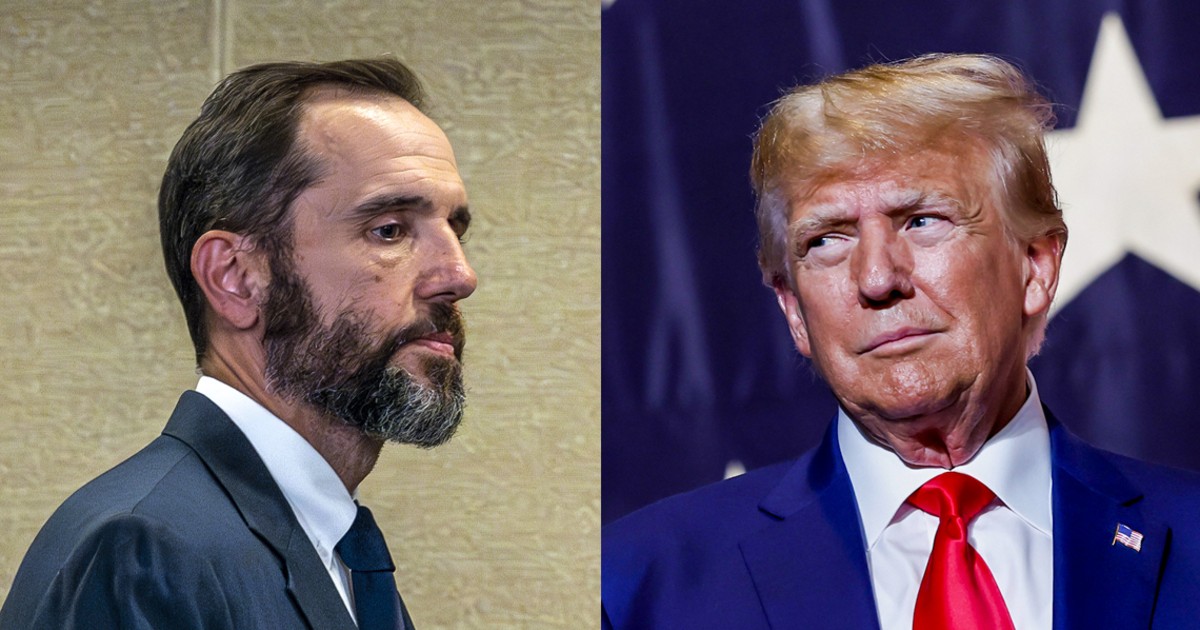In October last year, the Norwegian government proposed to increase the defense budget for 2025 by NOK 19.2 billion (approximately 1,65 billion euros), up to a total of NOK 110.1 billion (9,46 billion euros). The proposal exceeds NATO’s target of its members spending 2.16 percent of their gross national product (GDP) on defense.
Denmark had long lagged behind other Baltic Sea nations in defense spending. However, in April 2024, Prime Minister Mette Frederiksen’s government decided to accelerate its original plan to reach NATO’s 2% defense spending target by 2030. With an extraordinary funding injection, Denmark achieved this milestone in 2024, with defense spending estimated at 2.4% of GDP last year.
Following recent remarks by incoming U.S. President Donald Trump, suggesting that the United States might consider seizing Greenland due to Denmark’s reluctance to adequately address its defense responsibilities—thereby posing risks to U.S. security—Prime Minister Frederiksen pledged to review the April 2024 agreement and allocate additional funds to defense. As a result, Denmark is expected to reach new heights in defense spending much sooner than planned last year.
Denmark’s recent commitment has left Germany as the only Baltic Sea nation without a decision on reaching the 2% defense spending minimum by 2025. A spokesperson for the German Ministry of Defense stated in a response to The Baltic Sentinel on January 7 that the Federal Government remains committed to NATO’s two-percent target, as outlined in the Federal Government’s security strategy adopted in June 2023. “I ask for your understanding that we are currently unable to provide any information on Germany’s official defense budget for 2025, as the necessary parliamentary procedure has not yet been completed.”
Germany is scheduled to hold federal elections on February 23, 2025, following the collapse of Chancellor Olaf Scholz’s coalition government and a subsequent vote of no confidence.
Current polls indicate that the CDU, led by Friedrich Merz, is leading, positioning Merz as the frontrunner to become the next chancellor. Regarding defense spending, Merz has expressed intentions to increase Germany’s defense budget.







/nginx/o/2025/01/13/16592506t1h6ceb.jpg)







